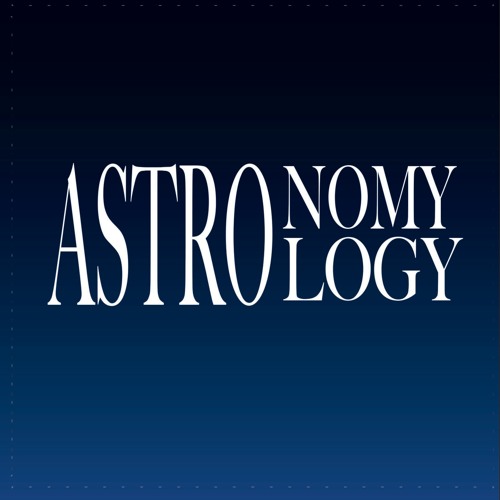

Astrologers assert that whatever zodiac constellations the Sun appears in an at the time of a person’s birth, known as their zodiac sign, will determine their personality. Those appearing in the Sun’s path (ecliptic) were deemed especially important, and were arranged into twelve 30 degree divisions known as the zodiac. Over time, the stars were organized into constellations. And each night when they looked up to the sky, they would make observations of the celestial bodies, wonder as to their origin, and create stories associated with their religious beliefs.

Astrology subsequently became the means by which to predict the recurrence of various celestial events.Īncient people also believed that their gods lived amongst the stars. And importantly determine the right time of year for people to plant or harvest their crops. Throughout history, a conscious effort has been made to measure, record, and foretell the seasons. And for millennia one of the main driving forces for improvements in astronomy was the desire of astrologers to produce more accurate future predictions. As mentioned, both astrology and astronomy share common roots. Before then, religious doctrine determined the development of science.

However, they both share historical roots and it wasn’t until the 17th century and the Scientific Revolution that a definitive split took place between these studies. Astrology, on the other hand, is an ancient belief system. Communal Roots of Astronomy and AstrologyĪstronomy is a science. Including optical telescopes, radio telescopes, and diffraction gratings. Over the years, it has subsequently devised many instruments to aid in this pursuit. Finally, astronomy rigorously attempts to measure and verify its findings. Similarly, they believe meteorology, geology, and oceanography more directly influence human events. Instead, scientists believe that the study of psychology, sociology, and medicine provide a better understanding of human behavior. These will include celestial mechanics, astrophysics, nuclear physics, chemistry, biology, geology, and cosmology.Īstronomy makes no attempt to link human behavior and terrestrial events with what is taking place beyond the Earth’s atmosphere. They will also encounter a range of other related scientific subjects during their studies. University students majoring in astronomy are also expected to have an aptitude for physics and mathematics. As such, it is possible to obtain an accredited college degree in the subject. Yes, astronomy is a natural science that studies celestial phenomena and objects in the universe, and the processes that govern their life cycles.


 0 kommentar(er)
0 kommentar(er)
